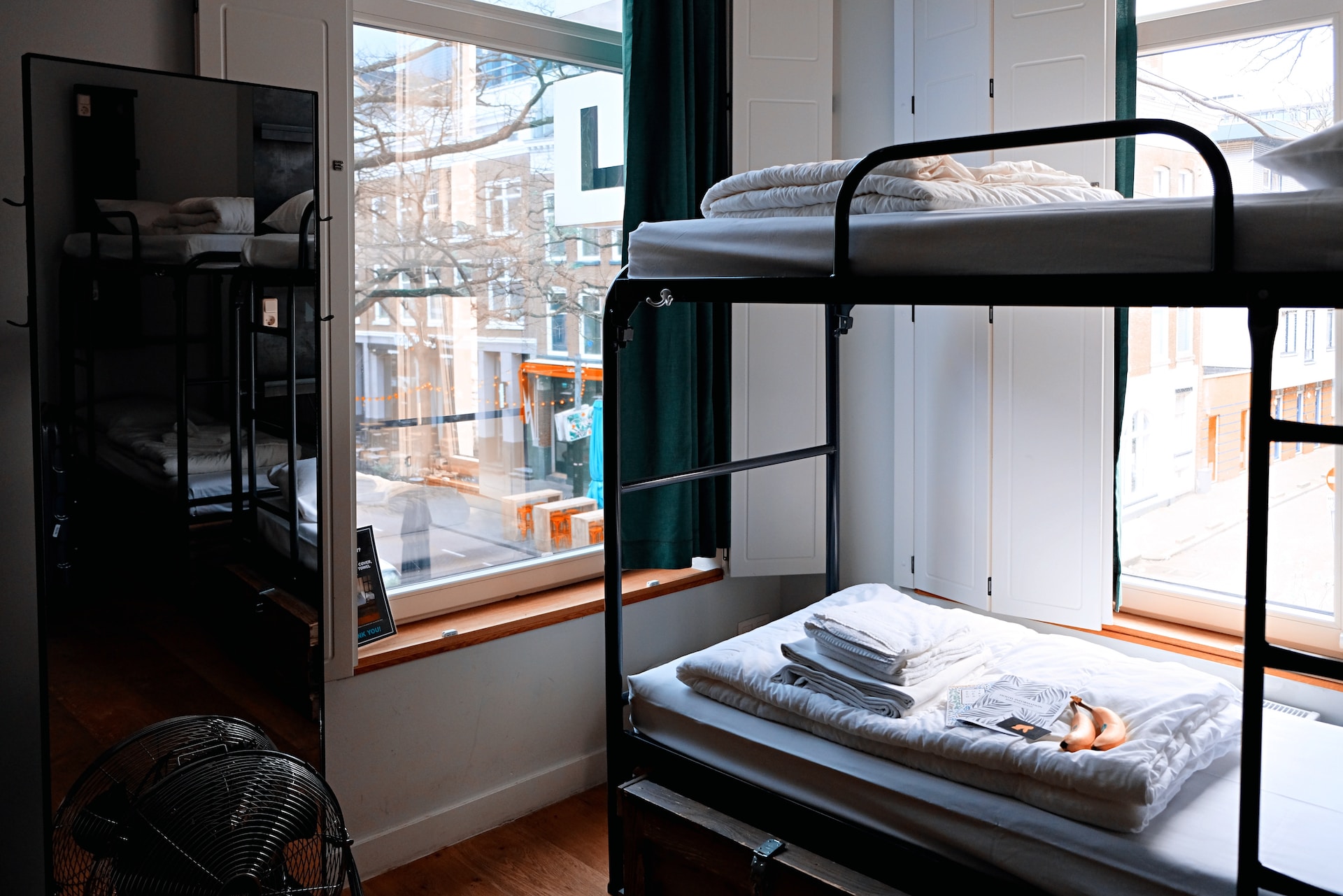In the realm of travel accommodations, hostels have emerged as more than just budget-friendly options for the discerning adventurer. Beyond the economical allure, hostels offer a unique and enriching experience that resonates with a diverse range of travelers. This comprehensive exploration will unravel the myriad benefits of staying in hostels, from fostering social connections to providing an immersive cultural experience.
1. Affordability and Budget-Friendly Atmosphere:
One of the most apparent advantages of choosing a hostel is the cost-effective nature of the accommodation. Hostels cater to budget-conscious travelers, providing a wallet-friendly alternative to traditional hotels. The shared dormitory-style rooms and communal facilities contribute to a cost-efficient stay, allowing guests to allocate their budget toward exploring the destination.
2. Social Atmosphere and Cultural Exchange:
Hostels foster a vibrant social atmosphere that sets them apart from more secluded accommodations. The communal spaces, such as common rooms, kitchens, and shared dormitories, create opportunities for guests to connect with fellow travelers. The hostel environment encourages cultural exchange, as individuals from diverse backgrounds come together, share stories, and forge connections that often transcend the duration of their stay.
3. Local Insights and Recommendations:
Hostel staff, often well-acquainted with the local scene, serve as invaluable resources for travelers seeking authentic experiences. From recommending off-the-beaten-path attractions to suggesting local eateries and hidden gems, hostel staff provide firsthand insights that enhance the overall travel experience. This personalized guidance ensures that guests can explore a destination beyond the typical tourist hotspots.
4. Flexibility in Accommodation Options:
Hostels cater to a diverse audience by offering various accommodation options. While shared dormitories are a hallmark of the hostel experience, private rooms are increasingly common. This flexibility allows travelers to choose accommodations that align with their preferences, whether they seek a social atmosphere or a more private retreat.
5. Community Vibe and Inclusive Environment:
The community vibe within hostels creates a welcoming and inclusive environment. Solo travelers, in particular, find hostels to be a haven for forming connections and alleviating the potential loneliness that can accompany solo adventures. The communal facilities and organized events foster a sense of camaraderie, making hostels ideal for those seeking a social travel experience.
6. Cultural Immersion and Local Interaction:
Hostels often incorporate cultural elements into their design and programming, offering guests an immersive experience. From themed decor reflecting local traditions to organized cultural events, hostels provide a gateway to understanding and appreciating the cultural nuances of the destination. Interaction with other guests and local staff further enriches the cultural immersion.
7. Accessibility to City Centers and Attractions:
Many hostels strategically position themselves in the heart of cities or close to popular attractions, providing guests with convenient access to key destinations. This accessibility enhances the overall travel experience by minimizing commuting times and allowing travelers to make the most of their exploration.
8. Environmental Sustainability:
In recent years, there has been a growing emphasis on sustainable travel practices, and hostels often align with this ethos. Some hostels prioritize eco-friendly initiatives, such as waste reduction, energy conservation, and the use of sustainable materials. Travelers who value environmentally conscious choices can find hostels that align with their commitment to responsible tourism.
9. Learning and Skill Enhancement:
Hostels frequently organize workshops, language classes, and skill-building sessions, providing guests with opportunities to learn something new during their stay. Whether it’s a cooking class, a language exchange event, or a local craft workshop, hostels contribute to the educational aspect of travel, allowing guests to take home more than just memories.
10. Versatility in Accommodating Travel Styles:
From backpackers seeking adventure to digital nomads requiring workspaces, hostels have evolved to accommodate a spectrum of travel styles. Some hostels offer coworking spaces, while others cater to wellness-oriented travelers. This versatility ensures that there is a hostel experience suitable for different preferences and travel objectives.
In the ever-evolving landscape of travel accommodations, hostels shine as versatile and dynamic spaces that extend beyond mere lodgings. The benefits of staying in a hostel go beyond the financial advantages, encompassing the social, cultural, and experiential dimensions of travel. From forming lasting connections with fellow travelers to gaining local insights and immersing oneself in the cultural fabric of a destination, the hostel experience is a multifaceted journey that resonates with a diverse array of adventurers.
